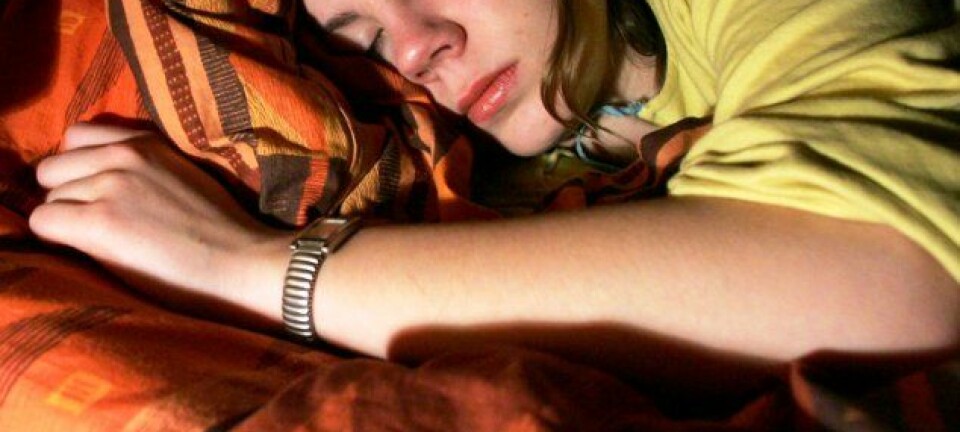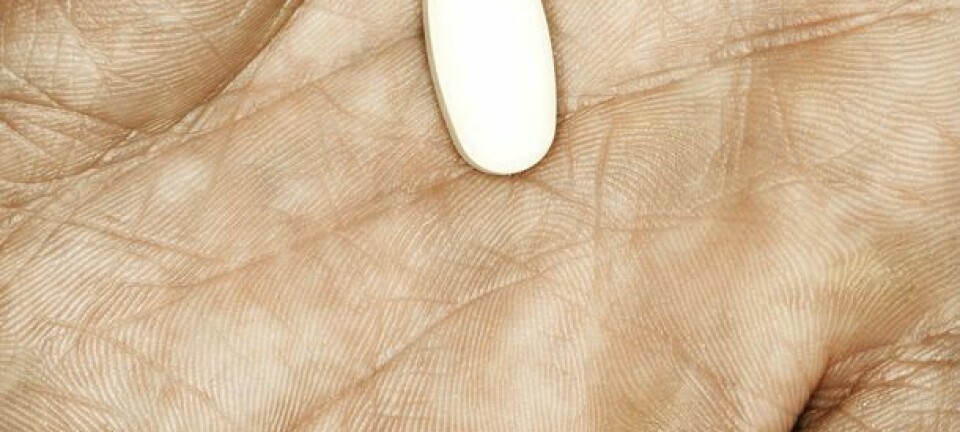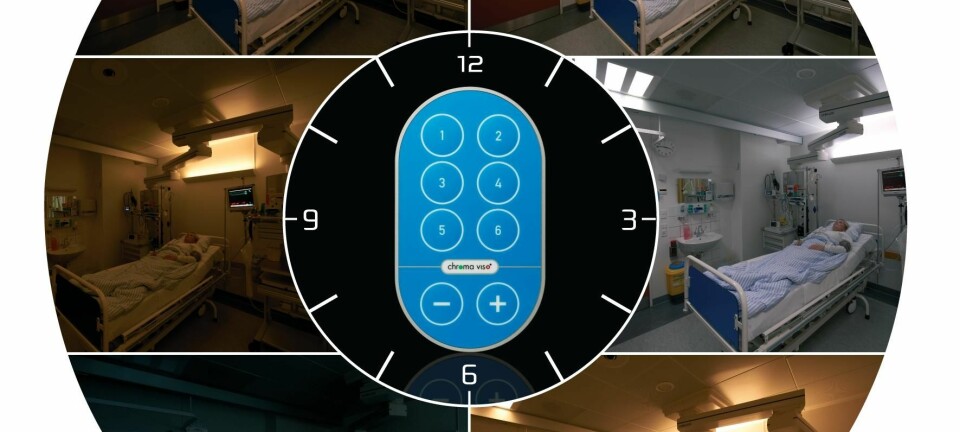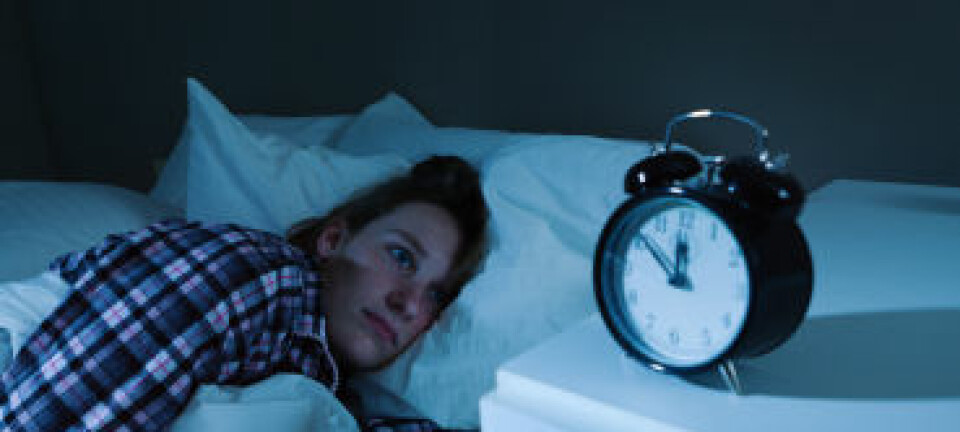
Scientists: Sleep therapy beats sleeping pills
More people with severe sleep disorders should receive sleep therapy. It is at least as effective as sleeping pills, but without the side effects, concludes a new health report.
Many people have trouble sleeping and rely on sleeping pills like benzodiazepines to get to sleep.
Although the number of users of benzodiazepines is falling in some European countries, it is still too high. Instead, sufferers should seek psychological treatment, says a group of sleep scientists.
"We’re not enthusiastic about the use of pharmaceuticals to treat general sleep problems. We believe that they should only be used for a short duration and for very few people -- certainly not the six to eight per cent that is currently being treated in Denmark for example," says Poul Jennum, professor at the Danish Centre for Sleep Medicine and the Department of Clinical Medicine at The University of Copenhagen.
Jennum is lead scientist of a group of sleep researchers who have extensively reviewed all existing research in the treatment of sleep problems. They presented their findings and recommendations in a report released recently by the Danish Council on Health & Disease Prevention.
Sleep medications have serious side effects
The report is disparaging towards sleeping pills, whilst highlighting psychological treatment as a healthier and equally effective alternative.
“Sleep medicine is not hugely effective. Although you get more sleep, it is not a cure. You will suffer the same sleep problems the moment you stop taking the pills," says Bobby Zachariae, a professor of Health Psychology at Aarhus University and the Cancer Division of Aarhus University Hospital in Denmark.
Another problem with benzodiazepines is the numerous side effects. For example, over time you develop a tolerance to the pills that makes them less effective whilst at the same time you become both physically and psychologically dependent on them. They affect memory, concentration, and motor skills, and patients taking the pills can become drowsy and lethargic during the day.
Moreover, sleeping pills are suspected to increase the risk of developing dementia later in life, and some studies have even linked sleep medicine with increased rates of mortality.
"There's nothing wrong with taking the occasional sleeping pill, but it is a really bad idea to use sleeping pills as a way to fall asleep in general," says Zachariae.
Therapy is more effective in the long-term
The scientists’ advice is that sleeping pills should only be used in those cases where the psychological treatment is not sufficient. And research shoes that psychological treatment works in most cases.
"Psychological treatment is at least as effective as taking pills, but without the side-effects and adverse consequences," says Zachariae.
Especially in a long-term perspective, psychological treatment is best.
"Medical treatment has an immediate effect, which is of the same magnitude as cognitive therapy, but its effect is reduced over time as you adapt to the medical treatment. So, in this way cognitive therapy is superior to medicinal treatment," says Jennum.
Psychological treatment can be delivered via the Internet
82 per cent of patients actually prefer psychological treatment to taking medicine, the new report shows.
Despite that, psychological sleep treatment is still not commonly used. Whilst, treatment with sleep medicine is on the decline, the vast majority of patients are still told by their GP to take pills instead of getting therapy.
In Denmark this is primarily because the national health service does not support psychological sleep treatment and there are not enough qualified practitioners, concludes the report.
An alternative suggestion is to try self-help, from books or audio files with instructions.
Psychological treatment can also be delivered over the Internet. Resources are sparse, but good results are reported from around the world. Zachariae is in the process of testing such an Internet-based solution on cancer patients who have difficulty sleeping.
--------------
Read the Danish version of this article on Videnskab.dk
Translated by: Catherine Jex













